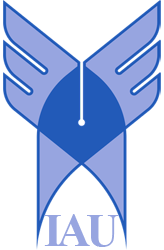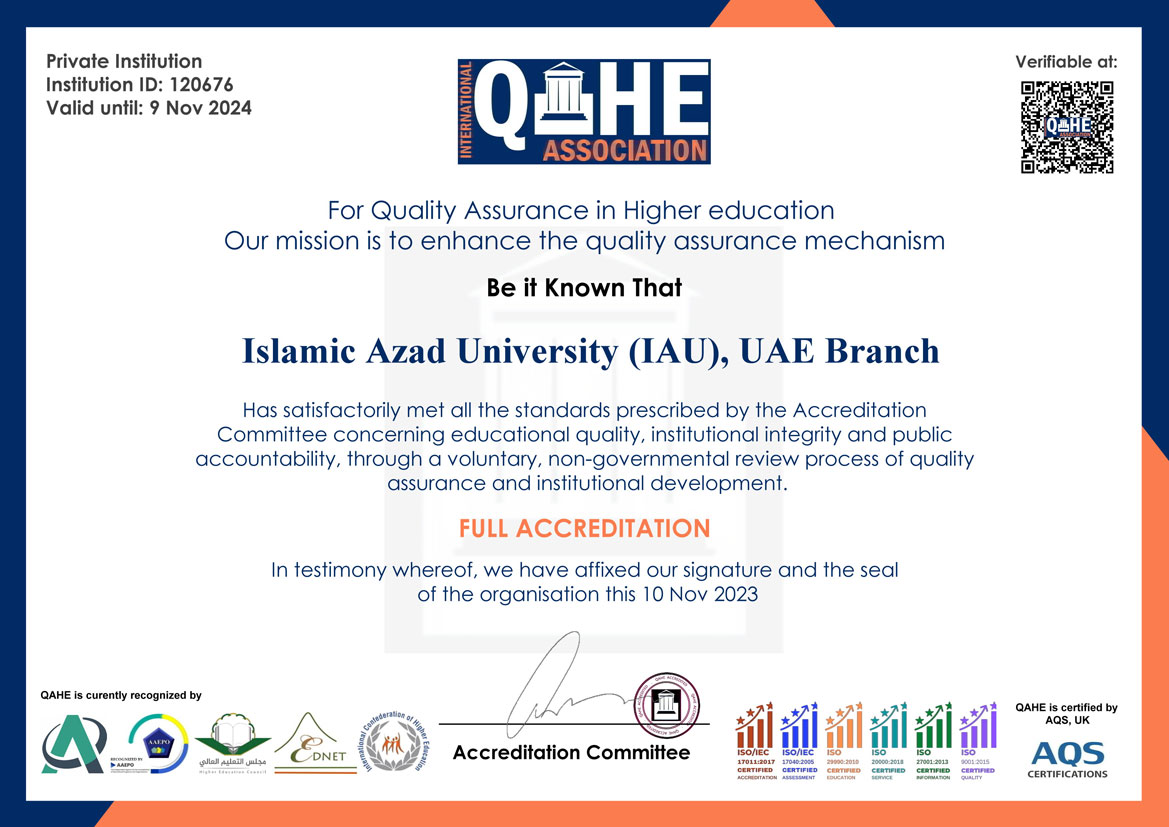When your job application is jostling for attention, a great cover letter can set you apart from the crowd – so starting out with strong opening lines is key.
A letter that grabs the employer’s attention from the first paragraph will give you a far better chance of scoring an interview.
“If a recruiter is finding it difficult to cut down their shortlist due to a number of really strong candidates, then the cover letters may help them narrow down that list,” says Leah Lambart, a Career Coach at Relaunch Me.
Research for SEEK shows nearly half (47%) of employers say a customised cover letter influences their decision to hire the applicant. And 53% of employers think that including examples of skills is one of the most important things for applicants to include in their application.
A great opener to your cover letter can help you show both your genuine interest in the role, and your skills – so it’s worth putting some extra effort into those first few lines.
How to start out strong with your cover letter
So, how do you convince the employer that you’re the right person for the job in the first few sentences?
“Be confident that you have the skills and attributes to be successful in the role,” Lambart says. If you’re unsure how to convey that, preparation will help.
- Read the job ad closely: Take time to fully understand what the employer is looking for in an employee. Make a note of the key requirements and check back after you’ve written your letter draft to ensure you’ve covered them all.
- Sell your soft skills: Don’t just write about your technical skills, qualifications and experience, Lambart says. Also show that you have the soft skills, like communication and resilience, that they would desire in an employee.“It’s particularly important not to overlook this for technical roles in IT, engineering or data analysis,” she says.
When you start writing, it can help to think about your 30-second-elevator pitch and ask yourself:
- What can I do that this employer would really want?
- Why am I best for the role and organisation?
- What experience and strengths can I highlight?
“At the end of the day, your cover letter needs to convey three things: that you can do the job, that you want the job and that you will fit into their organisation,” Lambart says.
Cover letter opener ideas
With all this in mind, it can still be hard to start writing your cover letter when you’re staring at a blank screen. To get you started, here are some ideas for opening lines that you can adapt to your situation:
- Highlight the job title and your achievements: Get right to the point and highlight your background, says Pete Noblet, senior regional director at Hays.‘As a Social Media Consultant for [Company A], I manage many digital media channels to help drive engagement and brand awareness with consumers. By implementing new social media marketing initiatives, I have tripled our audience on Facebook and doubled our followers on Twitter. This has led to an increase in website traffic, lead generation and sales.’
- Show your knowledge of the industry and its challenges. Lambart suggests an opening such as:‘With 10+ years’ experience in the wine industry, representing international brands in global markets, I have developed a strong network of customers across hospitality and retail. I understand the challenges faced by both sellers and suppliers in navigating international supply chain logistics, accessing new markets/products and optimising commercial performance. I’m excited by the potential for digital solutions to transform the wine industry and recognise [Company X]’s emerging leadership in this space.’
- Show your genuine interest in the role and explain how the role will enable you to follow your career interests, Lambart says.‘Having worked as a senior Procurement Specialist for diverse businesses, primarily in the SME sector, I am keen to join [Company X] to develop my procurement career within a large and complex multinational FMCG business. The dynamic nature of this role and the opportunity to be actively involved in value chain analysis and value engineering is of particular interest to me, as I have a natural aptitude for analysis and critical thinking.’
- Use keywords. Employers love keywords, Noblet says, and they’ll also be picked up by automatic applicant tracking systems.‘Written and verbal communications are two of my key strengths. My extensive experience in public relations has honed my skills in media relations, social media, community engagement and leading a team. By combining these skills, I believe I am the best candidate for the position of Communications Manager.’
- Refer to your network of contacts. Name dropping can work well, Noblet says.‘My name is _____ and recently I spoke to your Communications Coordinator, _____, who informed me about the opening in your human resources department. She recommended I contact you about the position because of my strong interest in HR.’However, Lambart adds: “Be wary of name dropping if it’s possible that the person won’t remember you.”
- Show you’re informed. Employers are impressed if you’ve taken the time to research the company, Noblet says.‘Your company has recently been featured in the Sydney Morning Herald and the AFR because of your partnership with not-for-profit [Company A]. The articles have inspired me to seek employment with your company and I would like to apply for the position of Receptionist.’
- Show your enthusiasm. Employers love to see potential employees who are excited about the company and are genuinely interested in what the company does. “If you’re applying for a graduate program, try to avoid being generic. Explain why this organisation stands out from their competitors,” Lambart says.‘I was excited to find an opening in IT with [Company X] because of your work with data analytics. I have been watching for openings at your organisation for a while now. I’m an ideal candidate for this position because it combines my experience with IT and data analytics.’
More cover letter tips to keep in mind
Lambart also has a couple of other pieces of advice to consider when crafting your cover letter opener:
- Mention leaders in the organisation you admire. “You might highlight that you recently listened to a podcast where the CEO was interviewed which really inspired you,” Lambart says.
- Match the language used in the job ad and on the company website, Lambart says. For example, if the company refers to “client service” on their website, use that term in your letter, rather than “customer service”.
- Even if a job ad doesn’t ask for a letter, write one anyway, Lambart says. “It shows that you’re serious about the job and not just sending out resumes all over town. It’s also a great way to clearly demonstrate that you meet the criteria for the role, have done your research on the organisation and have a genuine interest in both the role and the company.”
When there’s strong competition for a role, your letter can set you apart from other candidates and help you land an interview. Using the opening lines of your cover letter to showcase your genuine interest in the role, your knowledge of the industry and your soft skills will tell employers why you’re a great fit for the role, right from the start.
Source: Independent research conducted by Nature of behalf of SEEK, interviewing 4800 Australians annually. Published November 2021.





